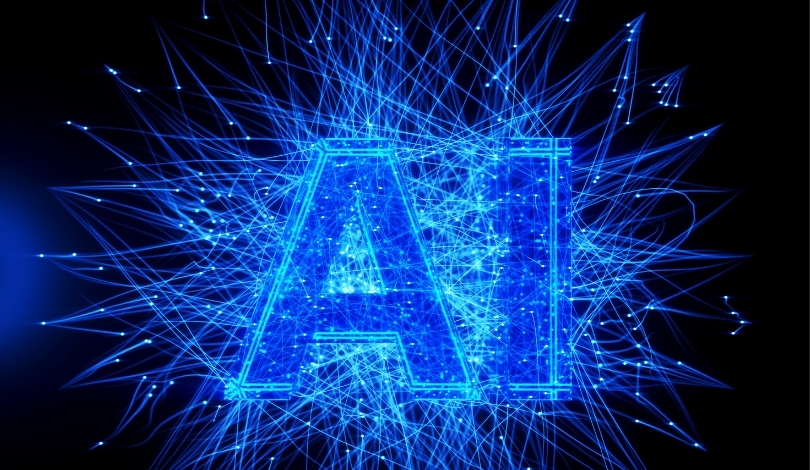Artificial Intelligence has dominated this year’s Nobel Prize announcements, highlighting its growing influence across various scientific domains. The prestigious awards recognized significant advancements in AI research, underscoring the technology’s expanding role in shaping modern science. Experts believe these honors will further encourage the integration of AI in future scientific endeavors.
Earlier reports on the Nobel Prizes emphasized traditional disciplines, making the current focus on AI particularly noteworthy. Previously, AI-related achievements had not been highlighted to such an extent, signaling a shift in the scientific community’s priorities.
What Led to AI’s Success at the Nobel Prizes?
The Nobel Committee recognized the pioneering efforts of Geoffrey Hinton and John Hopfield in developing artificial neural networks, alongside DeepMind co-founders Demis Hassabis and John Jumper’s creation of the AlphaFold AI model, which accurately predicts protein structures.
How Do Laureates React to Their Awards?
“I have very high respect for physics. I dropped out of physics after my first year at university because I couldn’t do the complicated math, so getting an award in physics was very surprising to me,”
said Geoffrey Hinton. Demis Hassabis added, “The concept of computer science didn’t even exist” when the Nobel Prizes were first established.
Should Nobel Categories Evolve with Science?
Discussions persist on whether the Nobel Prize categories need updating to accommodate emerging fields like computer science. While some laureates advocate for such changes, the Nobel Foundation has maintained adherence to the original categories established by Alfred Nobel.
The acknowledgment of AI in this year’s Nobel Prizes marks a pivotal moment for the technology’s integration into scientific research. As AI continues to demonstrate its potential across various fields, its recognition at such a high level may pave the way for increased investment and innovation. Scientists anticipate that these accolades will not only validate current AI applications but also inspire new advancements that could address complex global challenges.
- AI dominated the 2024 Nobel Prizes in physics and chemistry.
- Laureates expressed surprise and highlighted AI’s impact.
- Debate continues on updating Nobel categories for modern science.










